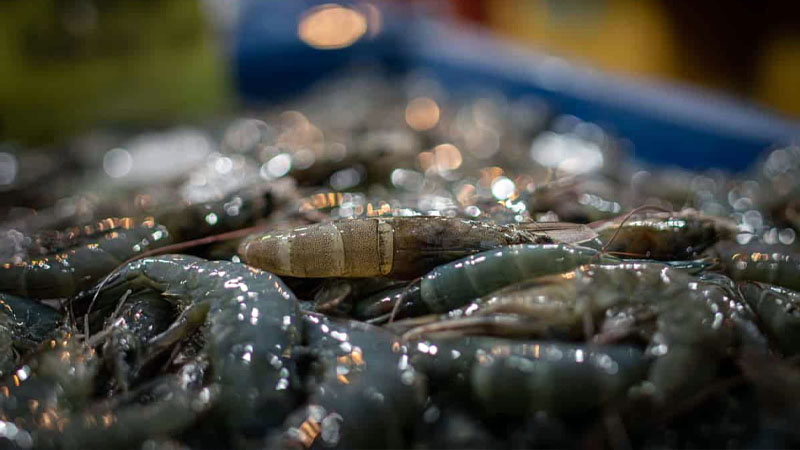Exclusive content

South Korea’s imports of frozen black tiger shrimp have experienced a significant decline in the early months of 2025. According to data from Union Forsea Corp., the country imported only 258 tons of these shrimp in the first two months of the year, marking a 48% decrease compared to the same period in 2024. This trend was particularly evident in February, with imports falling to 168 tons from 325 tons in February 2024.
Despite being a minor component of South Korea’s overall seafood imports—accounting for just 0.2% of the total 152,793 tons imported—the sharp drop in black tiger shrimp imports is noteworthy. The majority of these imports, approximately 90%, are sourced from Malaysia, with the remainder coming from Guinea. The average import prices are $9.67 per kilogram from Malaysia and $9.32 per kilogram from Guinea.
Economic Impact and Supply Dynamics
The decline in import volumes has had a direct impact on the value of these imports. In February 2025, the import value of black tiger shrimp was $1.59 million, a 53% decrease from the same month in the previous year. For the first two months of 2025, the total import value stood at $2.48 million, down 54% from $5.35 million in 2024.
This reduction in both volume and value highlights the challenges facing the black tiger shrimp market in South Korea. With Malaysia being the primary supplier, any changes in its production or pricing can significantly affect the Korean market. Currently, experts are monitoring the situation closely, as there are indications that prices may rise in the near future.
Future Outlook: Rising Prices on the Horizon
Industry analysts predict that the price of black tiger shrimp in South Korea could increase in the coming months. This forecast is largely based on the rising costs of farmed shrimp in Malaysia, which supplies the bulk of the shrimp to the Korean market. As production costs in Malaysia increase, these expenses are likely to be passed on to importers, potentially leading to higher prices for consumers in South Korea.
The potential price hike could further impact the already declining import volumes, as higher costs may deter consumption. However, given the niche status of black tiger shrimp in the broader seafood market, the overall effect on South Korea’s seafood industry may be limited. Nonetheless, stakeholders in the shrimp import sector will need to navigate these challenges carefully to maintain market stability.